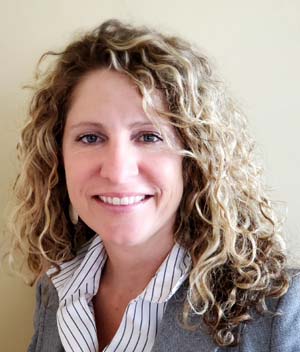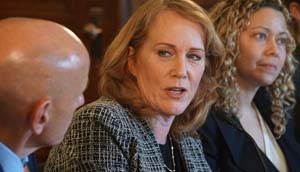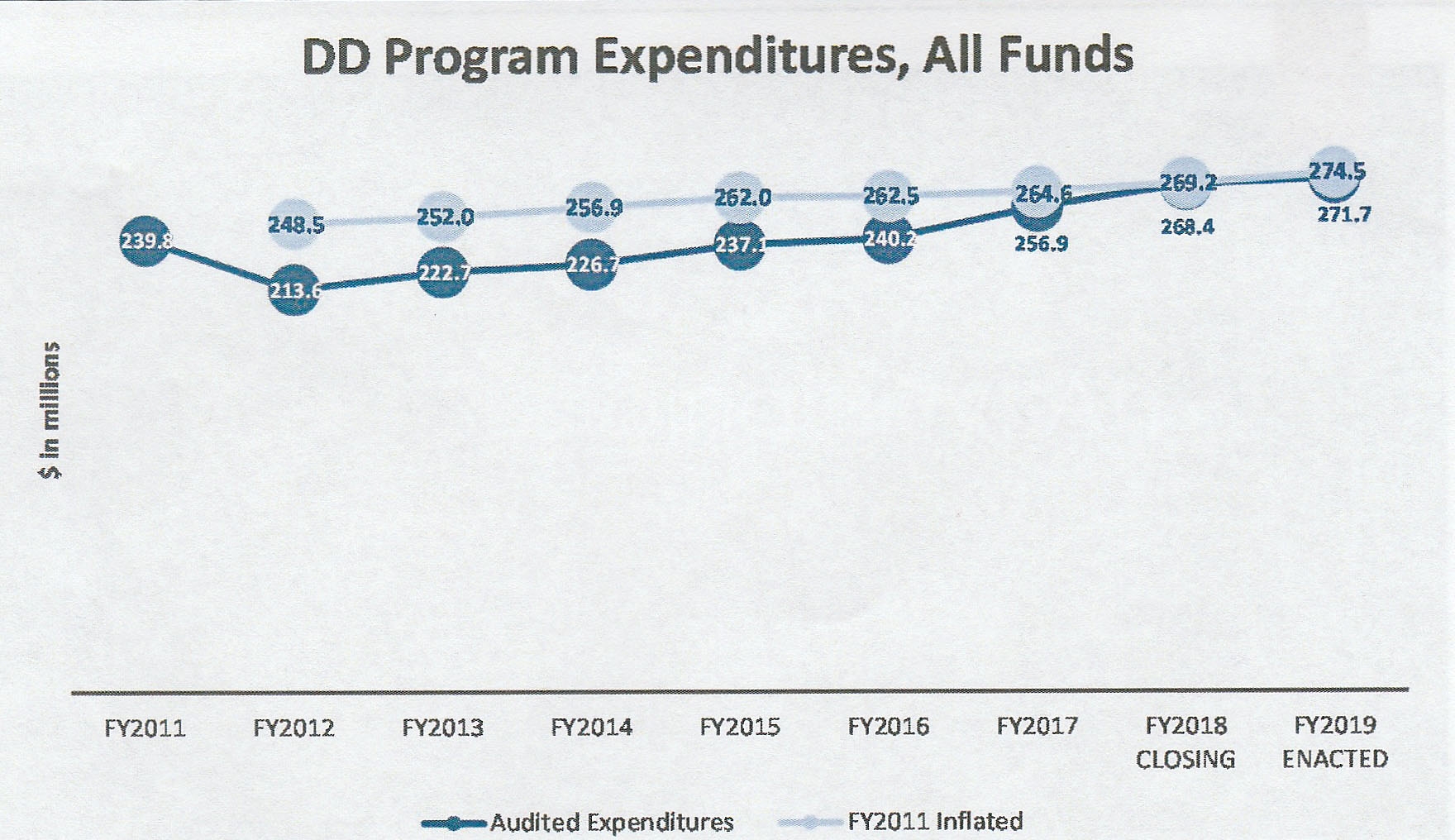RI DD System Needs Stable Funding For Quality Services and Productive Lives - Commission
/By Gina Macris
A successful model for funding Rhode Island’s developmental disability services would be more complex than simply increasing workers’ wages, members of a special legislative commission agreed at a meeting May 6.
Kelly Donovan, a commission member who herself receives services, said the work of the support person is “not a job; it’s a commitment.“
In a high-quality system of services, Donovan said, direct support professionals and the people they serve have a relationship. They develop strong bonds.
The discussion nevertheless returned repeatedly to the lack of funding that permeates the system, with rules that commission members say make it rigid and unresponsive to those needing services.
Peter Quattromani, CEO of United Cerebral Palsy of Rhode Island, said agencies that ask their employees to “ commit” to the persons they serve also require them to commit themselves to “a life of poverty” because employers, dependent on state funding, can’t pay salaries commensurate with professional work.
As a result, Quattromani said, the agencies are hiring “very temporary employees.”
“We don’t appreciate what it takes on the part of the individual to turn their life over to a staff person,” Quattromani said. Every time there’s turnover, there’s a new intrusion in that person’s life, he said.
The CEO of West Bay Residential Services, Gloria Quinn, said “I can think of examples when people go along with people and don’t know them. It gets complicated to do the right thing at the right time.”
But West Bay Residential has an annual staff turnover rate of 34 percent and a job vacancy rate of 15 percent, said Quinn, who recommended a system that is adequately funding, “including appropriate compensation for a well-trained workforce.”
At the same time, she said, there are employees who are doing an “incredibly important and skillful job” even without the compensation they deserve.
Sen. Louis DiPalma, D-Middletown, the commission chairman, said there is a great disparity in pay in two parallel systems of services.
“We do value the profession” of supporting adults with developmental disabilities, he said, as long as it is the state-operated network of group homes and facilities called RICLAS, short for Rhode Island Community Living and Supports. But private providers, who perform the same direct support work, are not valued, DiPalma said, referring to the state’s chronic underfunding of these agencies.
He said he never saw the situation quite that way until Tom Kane, CEO of AccessPoint RI, framed it in those terms during a recent budget hearing before the Senate Finance Committee.
RICLAS workers start at about $18 an hour, while entry-level workers in the private system average about $11.40 an hour. On an annual basis, the starting salary at RICLAS is $37,291, according to a spokeswoman for the state Department of Behavioral Healthcare, Developmental Disabilities and Hospitals (BHDDH). As state employees, RICLAS workers also get a full package of benefits.
DiPalma said that when the current fee-for-service reimbursement model was enacted by the General Assembly in 2011, the “right questions weren’t asked. We can’t let that happen again.”
He said he firmly believes that today, all legislators would say they value the work done in supporting adults with developmental disabilities, but “the critical thing is ‘how do we get there’? “ He alluded to a reimbursement model in which wages reflect the value of the work.
In Kelly Donovan’s vision of the future, adults with developmental disabilities will receive training and support in making their own decisions in an informed manner. And support persons will respect those decisions, she said.
Kate Sherlock, a commission member and lawyer with the Rhode Island Disability Law Center, concurred.
For a long time, the role of the staff person has been to “speak up for people,” she said. Instead, staff should facilitate decisions made by clients.
But clients “do not have the real opportunity to decide what they want, because there are not enough options,” Sherlock said. Decisions should not be “either-or,” she said. “It shouldn’t be ‘do you want chocolate or vanilla ice cream.’ “
“People want to live with people they choose. They want a job they like and they want to make a decent amount of money,” Sherlock said.
Enabling clients to make meaningful decisions about belonging to their communities and engaging in activities they want, as well as giving them the opportunity to eat healthy foods and be active and fit will at the same time elevate the staff role into a position that can have greater impact and be more desirable – even fun, Sherlock said.
The Disability Law Center supports a bill that would give legal standing to adults who support those who need assistance in decision-making, Sherlock said, but the measure is encountering difficulties in the Senate. DiPalma said he would look into it.
Commission members agree that Rhode Island needs to abandon its fee-for-service reimbursement system in favor of one that gives clients an annual budget with flexibility to spend it on what they want and need to enable them to live regular lives in their communities, in accordance with a 2014 consent decree and federal Medicaid rules reinforcing the Integration mandate of the Americans With Disabilities Act (ADA).
Not only is the current system under-funded but it is saddled by rules that make it too restrictive, they say.
Among the needs discussed May 6 are funding for:
training and career paths for staffers
Technology, such as smart phones and other devices and software, that can help clients become more independent from staff.
·Easier access to transportation, which might include Uber and Lyft options to lessen clients’ dependence on staff time, which can be better used providing other types of supports
Better access to affordable housing
More intensive community-based mental health services that can prevent psychiatric hospitalizations.
In addition, the developmental disabilities caseload must be counted in a way that better informs budget makers, according to Quinn, the CEO of West Bay Residential Services.
All the recommendations which members have presented through May 6 can be found here .
The next meeting will be May 22, when commission members are expected to continue presenting their recommendations.



















